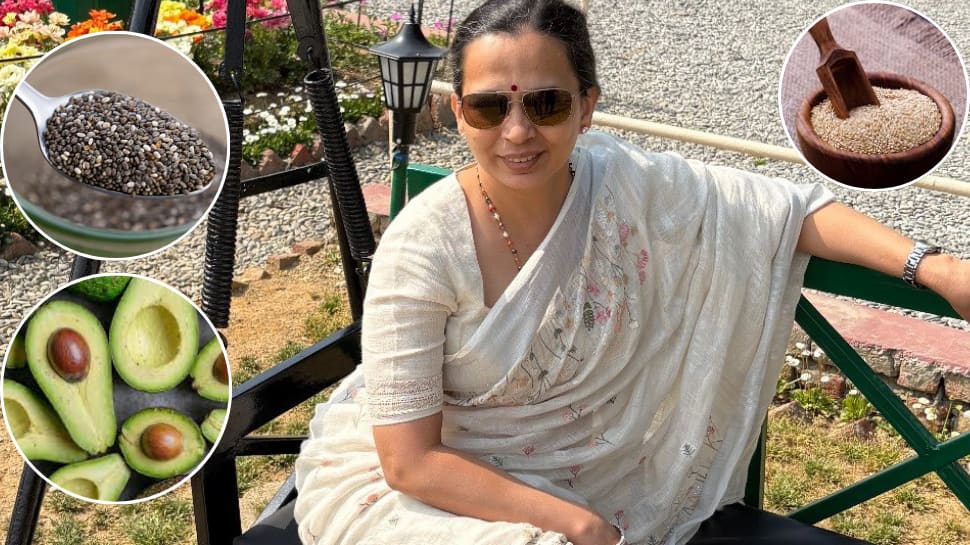Renowned celebrity nutritionist Rujuta Diwekar, who has guided Bollywood stars like Kareena Kapoor Khan, Alia Bhatt, and Varun Dhawan on their wellness journeys, recently offered insightful advice on distinguishing genuinely healthy foods from marketing gimmicks.
In a candid conversation with actor Ahsaas Channa on Tweak India’s YouTube channel, Diwekar urged people to rely on a simple yet powerful test when assessing so-called “healthy” foods.
The Local Language Test
According to Diwekar, one of the easiest ways to check if a food is good for you is by using the “language test.” She explained, “If the food being recommended to you has a name only in English and not in your local or regional language, it’s a red flag. We’re living in a climate crisis, and food must be ecologically sensitive. Eating within our ecological means means consuming foods that are local, seasonal, and traditional.”
By opting for locally grown foods, we support regional farmers, reduce our carbon footprint, and eat in a way that aligns with our genetics and environment.
Why Local and Seasonal Foods Matter
Diwekar emphasized the connection between our gut microbiome and our diet. “Our gut microbiota, which consists of trillions of microbes, is influenced by the food we eat and where we live. People in different regions have different gut compositions based on the local diet they’ve followed for generations.”
Seasonal eating, she explained, also comes naturally to the body. In summer, traditional Indian drinks like aam panna, buttermilk, and coconut water help cool the body, while winter foods such as soups and millets provide warmth and energy.
Modern Choices vs Traditional Wisdom
The nutritionist also expressed concern over the disconnect between younger generations and traditional foods. “We’re losing touch with the vegetables, fruits, and recipes that our grandparents used to consume. This not only impacts our health but also disturbs biodiversity and ecological balance.”
Interestingly, Diwekar noted that some foods we now consider local—like cabbage or cauliflower—were originally brought to India by Europeans but have since been culturally assimilated and now have local names.
Balance is Key
While acknowledging globalization’s influence on diets, Diwekar didn’t dismiss global ingredients entirely. She advised, “Use traditional, local foods as your dietary base, and integrate global superfoods like quinoa or avocado occasionally—only if they suit your needs and add genuine value.”
Her overall message was simple yet profound: trust your roots, embrace your regional culinary wisdom, and stop blindly following food trends that may not serve your body—or the planet.

